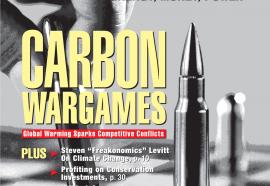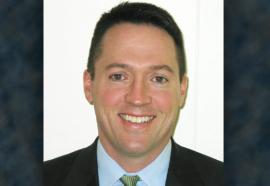Vintage, Voltage or Votes
AEP rekindles debate over grid pricing, but should the outcome hinge on majority rule?
You might have thought the Feds closed the book on any broad, region-wide sharing of sunk transmission costs—especially after FERC ruled last spring in Opinion No. 494 that PJM could stick with license-plate pricing (LPP) for transmission lines already planned and built. If you thought that, you weren’t alone. Of 25 transmission owners (TOs) in the Midwest ISO (MISO), 24 voted recently to do the same for their market as well.








